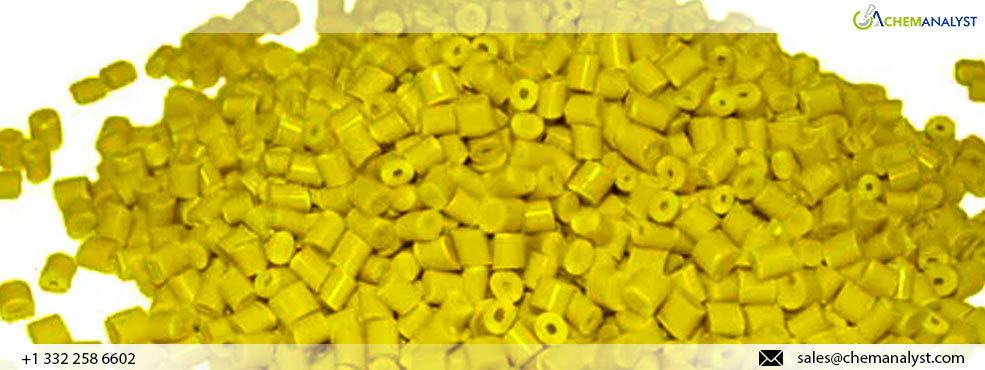Welcome To ChemAnalyst

Recently, the price of ABS (Acrylonitrile Butadiene Styrene) in Asia has risen and then trended stable in the week ending July 26, 2024, amid a balanced demand-supply situation. The weak cost support of the upstream three materials and average cost support have characterized the ABS market in the region. Early-stage production reductions in ABS polymerization plants have realized the favorable effect of supply contraction in the previous weeks. However, changes in supply pressure may be limited due to overall production capacity loss, and there is still an ample supply of goods on-site. The demand side remains weak in the home appliance industry, and the market situation is evident during the off-season, resulting in weak trading. Overall, the ABS market is anticipated to maintain stability in the near term.
From the ABS demand perspective, As we enter late July, there has been no improvement in the main terminal demand for ABS. Some home appliance manufacturers are continuing their holiday shutdowns, and downstream factories are operating at low capacities, focusing mainly on necessities and showing weak stocking activity. While some traders are attempting to sell at high prices, overall market momentum remains sluggish. Consequently, the demand side is not offering strong support to the market.
Moreover, several major players in the Asian ABS market, including North Huajin and LG Yongxing, have undergone maintenance and load reduction activities. Despite this, manufacturers maintain confidence in their operations, leading to a slight increase in ABS pricing in the previous week. Merchants have responded by slightly increasing their shipments under the support of aggregation plants. This has allowed the industry to digest its overall inventory, realizing the benefits of supply contraction.
However, the upstream materials of ABS have shown a weak trend, providing only average support for the cost side of ABS this week. Acrylonitrile, in particular, is experiencing significant capacity expansion in the second half of the year, leading to an increase in supply that has put downward pressure on the market. The bearish outlook for acrylonitrile prices, coupled with unoptimistic enterprise profitability, has resulted in a lack of actual transaction support and dragged-down offers. The butadiene market is expected to remain weak and stable in the short term, with a potential slight downward trend. The styrene market continues to be weak, with prices experiencing a slight decline amidst significant fluctuations in international oil prices, offering poor cost support.
As per ChemAnalyst, the ABS prices are likely to be impacted by the supply reduction in Taiwan as Typhoon Gaemi will likely delay ABS shipments, causing temporary logistical issues and a decline in the availability of the stocks in the regional market. Thus, it is expected that the ABS market will remain stable in Asia in the short term.
We use cookies to deliver the best possible experience on our website. To learn more, visit our Privacy Policy. By continuing to use this site or by closing this box, you consent to our use of cookies. More info.
